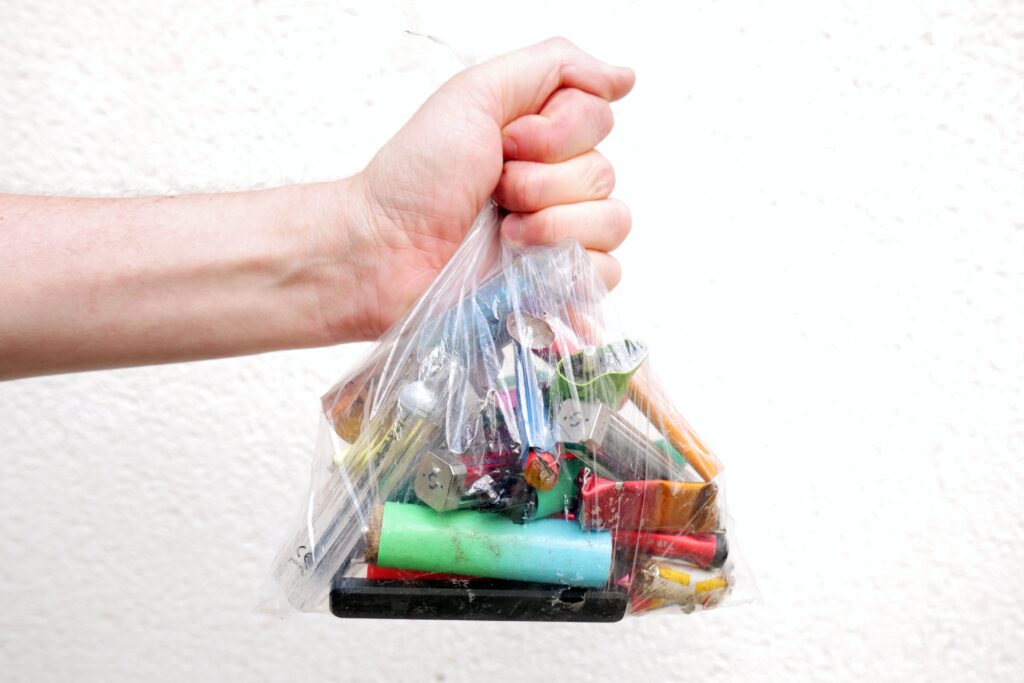The concern comes as the Waste and Resources Action Programme has been brought in to try and draw up some quality standards for material coming into materials recycling facilities and for the material coming out of them.
WRAP’s work comes in the wake of pressure from the Department for Environment, Food and Rural Affairs which does not want a recycling crisis. It organised an Environment Agency meeting held recently to try and resolve the situation which saw a wide range of parties involved including WRAP, Defra, the Environmental Services Association (ESA) and several waste management firms, paper industry organisations CPI and IWPPA and three local authority representatives.
Meeting
The problem discussed at the meeting concerns the acceptance or rejection of material being exported after being sorted at materials recycling facilities in South East England. Environment Agency officers at Thamesport on the River Thames have stopped some loads of material over the past few months on the grounds that mixed paper loads have been contaminated.
Some containers despatched by Grosvenor Waste Management were returned from Holland earlier this year as they were judged to contain an unacceptable number of contaminants.
” I am delighted that there was a consensus about the needs for industry to develop standards and quality control procedures “
Liz Parkes – Environment Agency
The rejection of these loads appears to have had knock-on consequences with the Environment Agency cracking down on exports in line with action by its counterparts in Europe. As a consequence MRF operators, such as Grosvenor, are having to pay even closer attention to sorting qualities and this is causing stockpiles of materials.
Other companies, such as Onyx, are working at full capacity and are also having problems, although Onyx’s centre on the quality of input material with plastic bag contamination of some of its incoming material.
Constructive
Liz Parkes, head of waste regulation at the Agency, said the meeting was very constructive. “We reiterated what all parties need to do to ensure that waste is moved in accordance with international rules. This is about protecting the environment and ensuring that public confidence in UK recycling is not undermined.”
She added: “I am delighted that there was a consensus about the needs for industry to develop standards and quality control procedures and a commitment from all parties to work together.”
Ray Georgeson, director of communications at WRAP, confirmed that the organisation was to take on the work and would be focusing on producing guidance on paper exports. He said that this would involve looking at existing standards and practices.
However, Mr Georgeson defended the role of WRAP in promoting recycling, even though some contractors have suggested that the recycling message has not told the public enough about the need to minimise contamination of recyclables.
Mike Walker, policy director at the ESA, said: “We would like to see clear rules which are applied consistently to provide exporters of material for recycling with sufficient certainty.”
Problem
One of the London local authority representatives at the meeting was Stephen Didsbury, chairman of the Association of London Cleansing Officers. Mr Didsbury said: “Our biggest problem would be if a very strict line is imposed at any MRF or a paper merchant and that their export material is said not to meet EA port inspection standards, even though it would be accepted at UK mills or by overseas mills such as in India.”
He added: “If this were to happen at every UK port then paper could be stockpiled for a time but we would soon face some difficult choices. We could tell the public not to recycle even though for years we have been exhorting them to do this. Or we could landfill or incinerate the material and this would bring problems in the press and in what people think.”
Mr Didsbury added that the issue was also important because local authorities had to meet their landfill diversion targets for this year and want to see more paper recycled.
Work programme
WRAP’s paper division is now starting to look at a work programme for drawing up MRF input and output standards but the situation remains difficult. It is thought that some more containers may recently have been stopped at a UK port and that some difficulties are also being found at ports in eastern England.











Subscribe for free